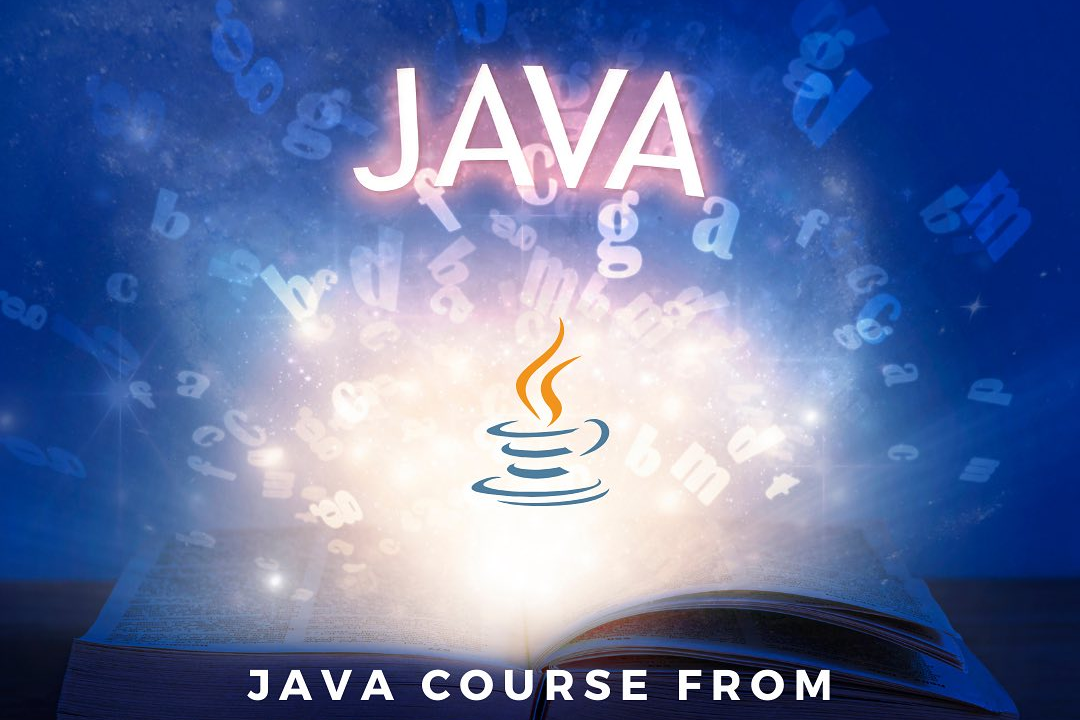Java and data governance
Enhancing Data Governance with Java Solutions
Java and data governance
Java is a versatile and widely-used programming language that enables developers to create robust applications across various platforms due to its object-oriented structure and rich ecosystem of libraries and frameworks. In the context of data governance, which encompasses the management of data availability, usability, integrity, and security, Java plays a significant role by providing tools and frameworks that help organizations implement policies and practices for effective data management. For instance, Java-based applications can enforce data quality rules, implement access controls, and support auditing and compliance standards through various libraries and technologies like Java Persistence API (JPA) for managing data access and integrity. By leveraging Java, organizations can enhance their data governance frameworks, ensuring that their data assets are well-governed and aligned with business objectives.
To Download Our Brochure: https://www.justacademy.co/download-brochure-for-free
Message us for more information: +91 9987184296
1 - Introduction to Java: Java is a widely used, object oriented programming language known for its portability and performance. It is platform independent due to the Java Virtual Machine (JVM).
2) Java Syntax and Semantics: Understanding the syntax (the rules that define the structure of Java code) and semantics (the meaning of the code) is crucial for writing effective Java programs.
3) Object Oriented Programming (OOP) Principles: Learn OOP principles like inheritance, encapsulation, polymorphism, and abstraction, which are fundamental to Java development.
4) Java Development Environment: Familiarization with Integrated Development Environments (IDEs) such as Eclipse and IntelliJ IDEA, which streamline Java development.
5) Data Types and Variables: Understanding Java’s data types (primitives and objects) and how to declare and use variables effectively.
6) Control Structures: Learn about control structures (if else statements, loops) and how they dictate the flow of a Java program.
7) Exception Handling: Understand how to manage errors and exceptions in Java to ensure robust program execution and user experience.
8) Collections Framework: Explore Java's Collections Framework, which provides interfaces and classes to store and manipulate groups of objects.
9) Java I/O (Input/Output): Learn how to handle input and output operations, including reading from and writing to files.
10) Multithreading and Concurrency: Introduction to multithreading in Java, allowing simultaneous execution of program parts to enhance performance.
11) Java libraries and Frameworks: Familiarize yourself with popular libraries (like Apache Commons) and frameworks (like Spring and Hibernate) that simplify Java application development.
12) Java for Web Development: Overview of using Java for building web applications, particularly with JavaServer Pages (JSP) and Servlets.
Data Governance
13) Introduction to Data Governance: Understand the concept of data governance, which involves the management of data availability, usability, integrity, and security within an organization.
14) Importance of Data Quality: Emphasize how maintaining high data quality is essential for making informed business decisions and achieving operational efficiency.
15) Data Stewardship: Learn about the role of data stewards—individuals tasked with managing data quality and integrity within their domains.
16) GDPR and Compliance: Understand the impact of regulations (like GDPR) on data governance and how organizations must comply to protect privacy.
17) Data Lifecycle Management: Explore the stages of the data lifecycle from creation to disposal, and the importance of governance at each stage.
18) Master Data Management (MDM): Introduction to MDM concepts, including how organizations define and manage their critical data entities.
19) Data Governance Frameworks: Familiarize with different frameworks that help to structure data governance efforts and initiatives within organizations.
20) Data Governance Tools: Overview of tools and technologies that support data governance processes, including metadata management and data lineage tracking.
21) Establishing Data Governance Policies: Learn how to create and enforce policies regarding data usage, access control, and data quality standards.
22) Stakeholder Involvement: Understanding the importance of engaging various stakeholders—from IT to business units—in successful data governance initiatives.
23) Data Governance Metrics: Discuss the key performance indicators (KPIs) that indicate the effectiveness of data governance practices.
24) Case Studies: Analyze real world case studies of effective data governance implementations, shedding light on best practices and lessons learned.
25) Career Opportunities in Data Governance: Explore the growing job market for data governance professionals and related career paths.
By covering both Java and Data Governance, students will gain valuable skills that are essential for modern software development and the responsible management of data in organizations.
Browse our course links : https://www.justacademy.co/all-courses
To Join our FREE DEMO Session: Click Here
Contact Us for more info:
Community Meetups
Top Java Training Institutes in India
best java training institutes in dilsukhnagar
java training institutes in new delhi
power bi vs excel











